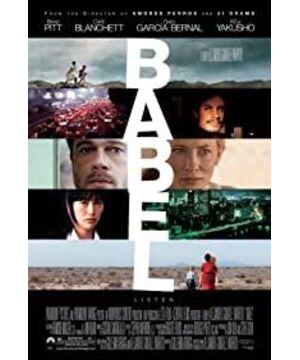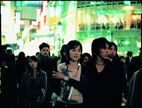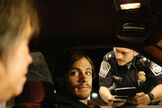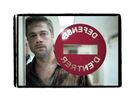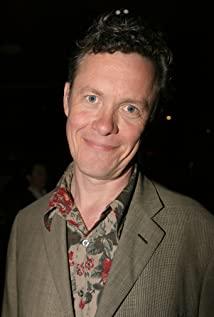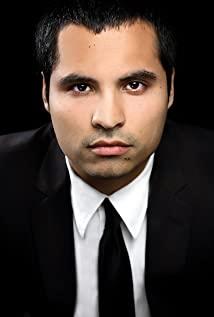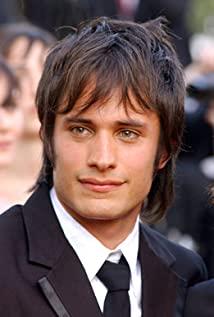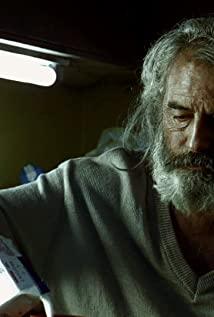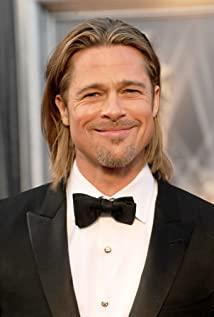Both Babel and Crash adopt a multi-line structure in their narrative methods. Crash won the Best Picture and Best Editing awards in one fell swoop last year. Although those montages are very old-fashioned, they have developed a different kind of charm under the intricate clues and character relationships. I personally think that it is still very suitable for us to learn from when writing dramas. Babel is not inferior in this regard, if it is not too similar the theme, I think this year's best film is none other than Babel.
Speaking of the subject. Babel and Crash also talk about race issues. I have been thinking, does the issue of racial discrimination really exist? Is it an eternal scar left by God to mankind, or is it only stemming from personal behavior, and stemming from the mutual distrust of modern society. Obviously Babel wanted to say the former, and Crash said the latter. We can tell from the title. Regarding this point, Crash’s opening remarks wrote clearly:
It's the sense of touch. In any real city, you walk, you know? You brush past people, people bump into you. In LA, nobody touches you. We're always behind this metal and glass. I think we miss that touch so much, that we crash into each other, just so we can feel something.
Crash, just for touch.
Both films have warm details. Director Babel puts more emphasis on the reality of life. Blanchett smiled and said to Pete, I peeed my pants. Pete found the potty and hugged her like a father hugged his daughter. What Haggis made me like was his undiminished fairy tale mind. The point I want to defend is whether we can stop calling warmth as hypocritical, and let go of our hypocritical reason and simply move it. The little girl in Crash, when my father put on her invisible protective clothing for the first time, I was already in tears. When she blocked the bullet for her father, she still smiled innocently: Dad, it's ok, I'll protect you. Dad is Ok, it's a pretty good coat. Believe. All love exists because of belief. Later, the shopkeeper said in frustration and gratefulness: She's my angel. In fact, the real angel is his daughter and himself. Buddhism has said that self-consciousness is a Buddha. At the time of epiphany, the world is everywhere.
The similarity of the narrative style and the theme of the story created a lot of indifferent comparisons between Babel and Crash. I personally like Babel very much, especially for the handling of the clue of Japanese girls, which has the director's own deep meaning. What Babel brings me is emotion, and what Crash brings me is the collision of the heart. Compared with Babel's faint narrative, Crash has many coincidences and many deliberations, but if it weren't for our faultfinding, Crash's real success is because human emotions are higher than the integrity of the story. Babel expresses the eternal estrangement and helplessness between people, races and races. Crash tells us that human beings have the hope of achieving harmony with each other, and this hope is not a gift from God, but from mankind itself. Babel's pain didn't make me cry, but Crash's hope made me cry several times, which surprised me a bit. Crying does not mean anything. After all, it is not a criterion for judging a film, but sometimes crying can disrupt the criterion.
The great Tarkovsky once proved to us that for any art form, the connotation and conscience of the artist should precede the technique. The directors of Babel and Crash did this. After all, the space for drama and film is limited, but human emotions are infinite. Crash reminds me of John Lennon’s Imagine, and I am willing to call it an ideal rather than a dream. Ideals can be realized through hard work and through human consciousness. Crash shows the ugliness and inequality of social class rules, but it also conveys the beauty and hope of human nature. Thousands of years after the tower of the sky fell, human beings were in conflict and desperate, finally blooming the value and brilliance of human beings.
You remember that I saw Crash at this time last year, and I was determined to be a good screenwriter. At the end of Babel, the director left these two lines: For my children, the darkest night, the brightest light. I think the darkest night is this intricate world, and the brightest light is the love and hope in our hearts.
View more about Babel reviews


